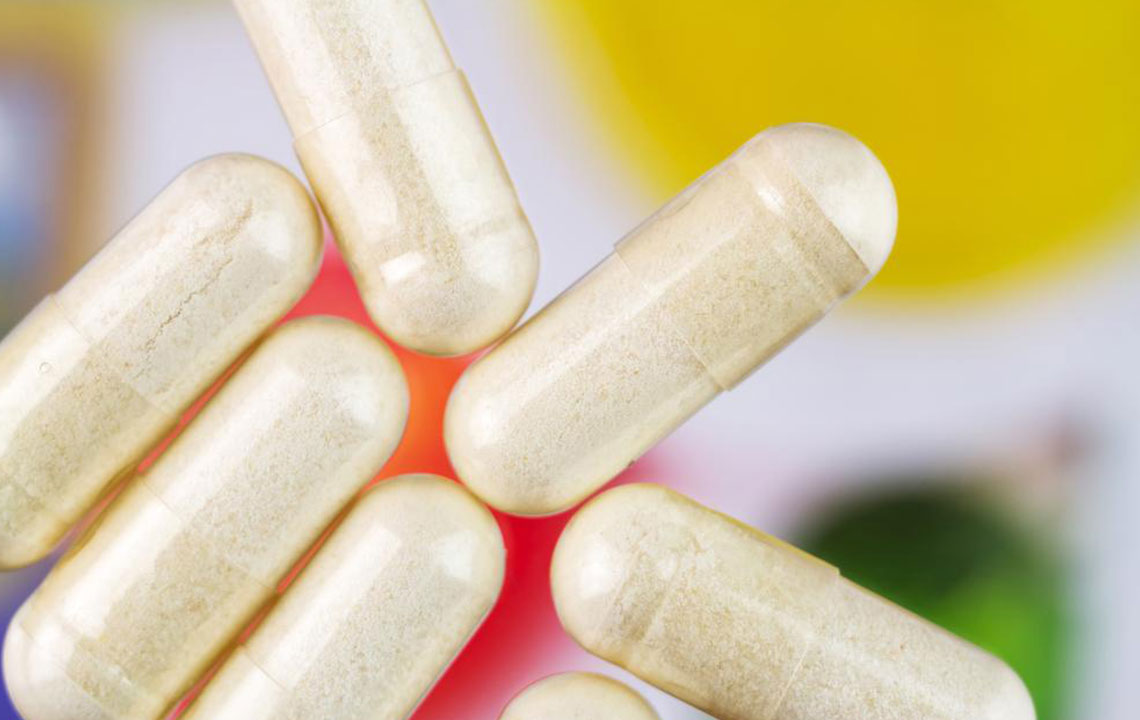Comprehensive Guide to Complementary Therapies for Effective Colitis Management
Explore a comprehensive range of effective complementary therapies for managing colitis symptoms. From stress reduction techniques like visualization and CBT to dietary adjustments, probiotics, and traditional Chinese medicine, discover holistic approaches to improve gut health, reduce inflammation, and enhance quality of life. Always consult healthcare professionals before trying new treatments to ensure safety and efficacy tailored to your needs. This guide offers practical insights into integrating natural methods with conventional care for optimal results.

Comprehensive Guide to Complementary Therapies for Effective Colitis Management
Colitis, characterized by inflammation of the inner lining of the large intestine, is a condition that can significantly affect an individual’s quality of life. It encompasses various forms, including ulcerative colitis and Crohn’s disease, and is often triggered by infections, immune responses, or other gastrointestinal disturbances. The symptoms associated with colitis are diverse and can be debilitating, including persistent abdominal cramps, frequent diarrhea, rectal bleeding, fatigue, and a notable decrease in appetite. Due to the chronic nature of this condition, prompt and effective treatment is crucial to prevent further complications, improve daily functioning, and enhance overall health. While conventional medical treatments such as anti-inflammatory medications, corticosteroids, and immunosuppressants form the core of colitis management, many patients seek additional relief through complementary and alternative therapies. This comprehensive guide explores various evidence-based and traditional approaches that can support the management of colitis symptoms, promoting a holistic pathway toward better health and well-being.
Understanding the importance of combining medical advice with supportive therapies is essential. Not every alternative method suits everyone, and some might interact with prescribed medications. Immunomodulatory effects, possible side effects, and individual health status should always be considered before adding new therapies. Therefore, consulting healthcare professionals remains a vital step before integrating any new approach into your routine. Here, we delve into several complementary practices that have gained popularity among those with colitis, including stress reduction techniques, dietary modifications, probiotic supplementation, and traditional Chinese medicine strategies.
Integrating alternative therapies with conventional treatment options can offer various benefits. While some patients report significant symptom relief and enhanced quality of life, others may find these techniques less effective or only beneficial as adjuncts. The key is personalized treatment, where the patient's specific condition, response to therapies, and lifestyle are taken into account. Always discuss any new complementary therapy with your healthcare provider to ensure compatibility and safety. Once approved, consider exploring the following promising approaches:
Visualization Techniques and Guided Imagery
Chronic stress plays a substantial role in exacerbating colitis symptoms. Elevated cortisol levels due to stress can increase inflammation and pain sensitivity in the gut. Techniques like visualization, meditation, and guided imagery involve focusing on calming mental images, which help activate relaxation responses in the brain. These techniques can lower stress hormones, improve mood, and potentially reduce inflammation. Guided imagery typically requires the guidance of a trained therapist or audio recordings but can be practiced independently once learned. Regular practice can result in decreased symptom severity and improved well-being.
Cognitive Behavioral Therapy (CBT)
As a psychological intervention, CBT aims to change negative thought patterns and behaviors associated with chronic illness. For colitis patients, CBT helps reframe perceptions of pain and discomfort, teach stress management skills, and develop healthier coping mechanisms. By reducing psychological stress, CBT can indirectly contribute to lowering physical inflammation and improving overall disease management. Many patients find that combining CBT with medications enhances their ability to manage flare-ups and reduces the emotional burden of living with a chronic condition.
Probiotics and Gut Health Support
The gut microbiome plays a critical role in immune regulation and gastrointestinal health. Colitis often coincides with a disrupted balance of beneficial bacteria, leading to increased inflammation. Supplementing with probiotics—either through fermented foods like yogurt, kefir, sauerkraut, or high-quality probiotic capsules—can help restore intestinal flora balance. This not only supports digestion but also potentially alleviates mild to moderate symptoms by strengthening the gut barrier and reducing inflammatory responses. Incorporating prebiotic foods that promote healthy bacteria growth, such as garlic, onions, and fiber-rich foods, can also contribute to gut health optimization.
Moxibustion and Traditional Chinese Medicine
Moxibustion, an ancient Chinese therapy, involves burning herbal preparations close to specific acupoints to stimulate healing and reduce inflammation. It is often used alongside acupuncture to manage gastrointestinal issues, including colitis. The warmth generated by moxibustion can improve blood flow, promote tissue repair, and modulate immune responses. Many patients also report reduced pain and stress levels. As with all traditional therapies, it is essential to consult qualified practitioners to ensure safe and effective treatment.
Dietary and Lifestyle Modifications
Dietary interventions play a vital role in managing colitis. An anti-inflammatory diet rich in omega-3 fatty acids from sources like fatty fish (salmon, mackerel), nuts, and seeds can help decrease gut inflammation. Incorporating spices such as turmeric and ginger, known for their anti-inflammatory properties, can be beneficial. Patients are advised to avoid spicy, greasy, or irritating foods that may trigger flare-ups. Increasing intake of gentle, easily digestible foods like eggs, avocados, and cooked vegetables supports gut healing. Additionally, maintaining a balanced lifestyle with regular exercise, adequate hydration, sufficient sleep, and stress management techniques enhances overall health and disease resilience.
In conclusion, managing colitis effectively requires a comprehensive approach that combines conventional medical treatments with supportive complementary therapies. While research continues to evolve, these approaches—when used responsibly and with professional guidance—can potentially improve symptoms, reduce flare-ups, and enhance quality of life. Remember, the key to successful management is personalized care, ongoing communication with your healthcare team, and a proactive attitude towards your health journey. Always prioritize safety and evidence-based practices when exploring new therapies for your condition.





